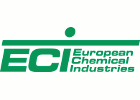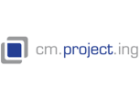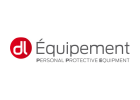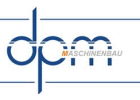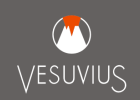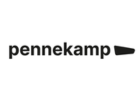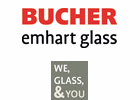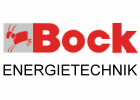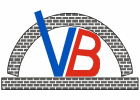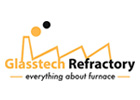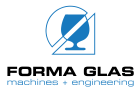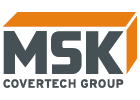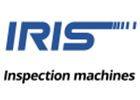Contact
| Adresse | Reckmann GmbH Werkzeugstraße 19-23 58093 Hagen |
| Pays | Allemagne |
| Téléphone | 0049 2331 35010 |
| Télécopie | 0049 2331 350170 |
| Get in contact with Reckmann GmbH | |
| Internet | www.reckmann.de |
| Employées | 150 |
| Chiffre d´affaires | 25 Mio € |
| Certificats | ISO 9001, ISO 14001, ATEX QAN |
| Année de fondation | 1970 |
Correspondants
| Correspondant 1. | Joerg Gibietz Sales Director |
|
| Correspondant 2. | Maurizio Montano Sales |
Produits ou Machines
Thermocouple assemblies according to DIN EN 50446
- Straight thermocouple assemblies (TCA) with metal or ceramic protection tube (PT), thermocouple (TC) and limiting deviations according to IEC / EN 60584-1 in the following versions:
- Large TCA form AK (ceramic protection tube, metal support tube and STC measuring insert), form AKK (ceramic SR, metal support tube and TC) both with connection head Form A.
- Large TCA form AK (ceramic protection tube, metal support tube and STC measuring insert), form AKK (ceramic SR, metal support tube and TC) both with connection head Form A.
- Small TCA form BK (ceramic protection tube, metal support tube and STC measuring insert), form BKK (ceramic SR, metal support tube and TP) both with connection head Form B.
- Small TCS Form BM (metal protection tube with MTE measuring insert), Form BMK (metal SR, ceramic inner tube and TP) both with connection head Form B.
- Standard(Norm) nominal lengths: Form A in 500, 710, 1000, 1400 or 2000 mm, Form B in 355, 500, 710, 1000 mm and only with STC also 1400 mm.
- Standard materials ceramic:C530 (porous, very good thermal shock resistance), C610 (gas-tight, medium to good thermal shock resistance), C799 (gas-tight, medium thermal shock resistance), SiC recrystallised (porous, very good thermal shock resistance), RSiC reaction bonded (gas-tight, very good thermal shock resistance).
Standard materials for holder and protection tube: 1.0305(St35.8), 14762(X 10 CrAl 24), 1.4841(X 15 CrNiSi 2520), 14749(X 18 Cr Ni 28), other materials on request.
Note: Under certain conditions, use in hazardous areas is possible on request!
TC also available as angle thermocouple assemblies (type R10), customer-specific versions on request (see also customer-specific solutions on our website). According to the standard, NL 2000 mm is not suitable for vertical installation with precious TC.
Histoire de l´entreprise
Since 1970, we have primarily dedicated ourselves to thermocouples. Our founder, Karl-Heinz Reckmann, was a leading authority in this field and quickly established a name for himself with his commitment to quality. Today, when we ask our customers what they appreciate most about our products, two things come up consistently: the long lifespan and high accuracy of our elements.
This accuracy is no accident: since 2002, we've been running our own DAkkS-accredited calibration lab in-house. Here, we don’t just calibrate finished sensors but also thoroughly inspect our raw materials.
In the glass industry, we’ve been known for about twenty years for our durable, robust thermocouples, which we’ve continuously improved over time. And our engineers are already working on the next stage of innovation.


